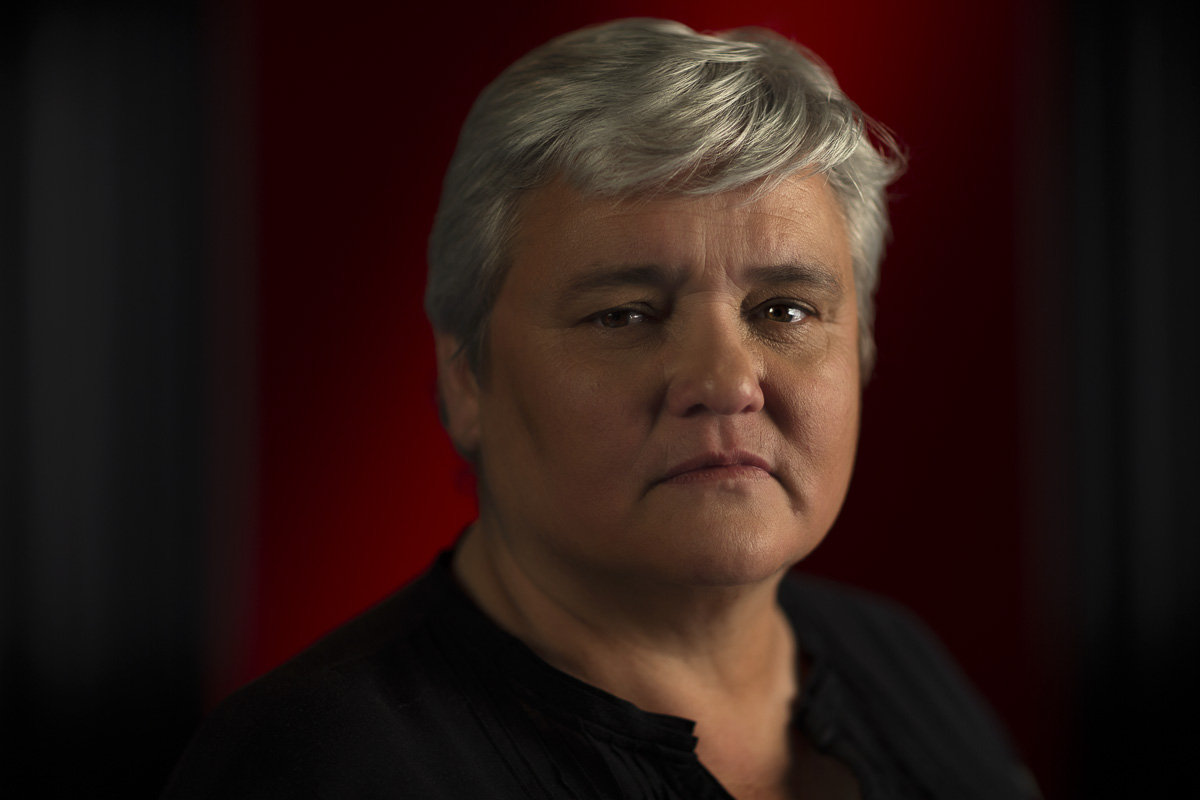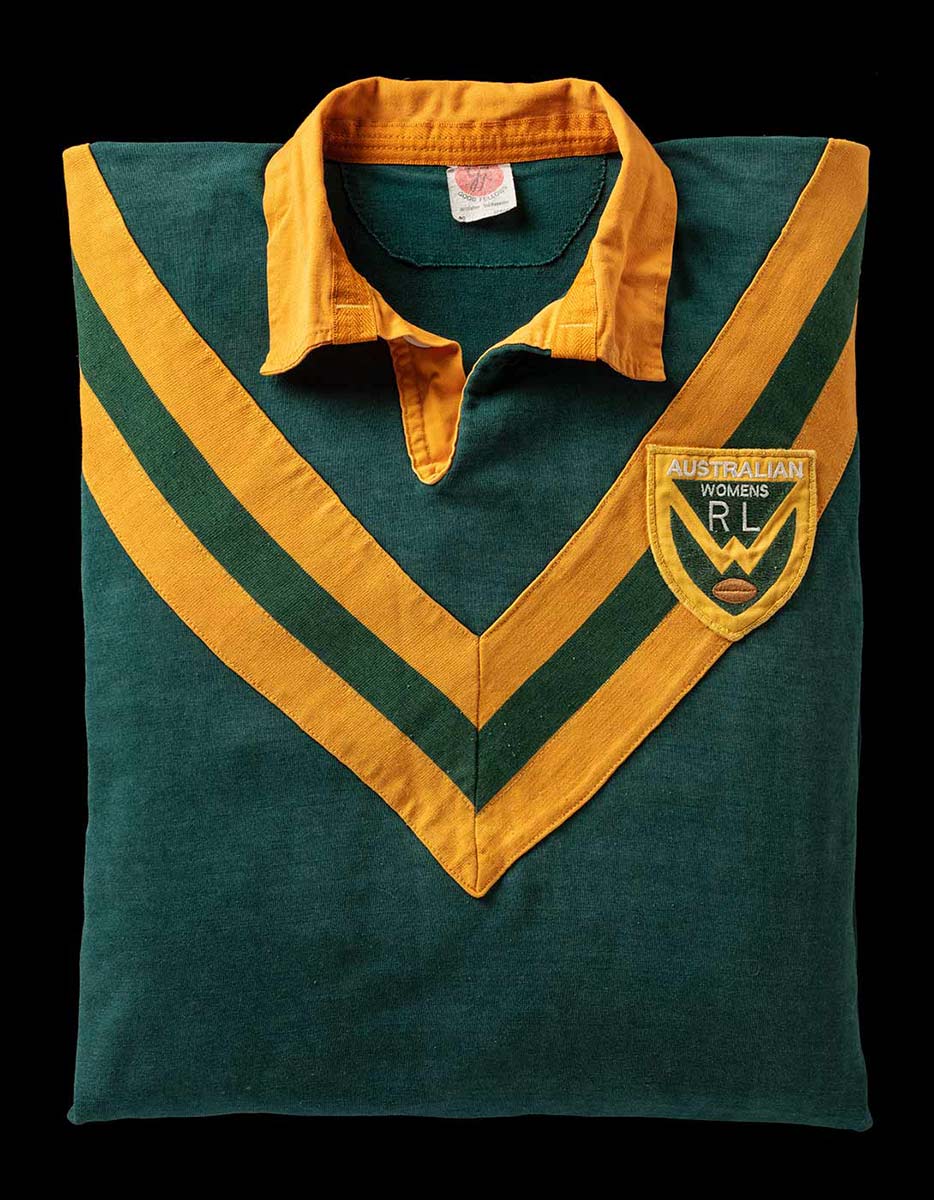Women’s rugby league pioneer
2020 Australian of the Year | Australian Capital Territory
Katrina Fanning is a sporting pioneer, mentor and proud Wiradjuri woman, who loves rugby league. She was a member of the inaugural national women’s team, the Jillaroos, and made 26 appearances for Australia over a 14-year career.
Since retiring from the game, she continues to be involved in the sport she loves in a managerial role. She has worked to support women’s rugby league and create pathways for Indigenous players, on and off the field.
Katrina has held positions in government and Indigenous affairs. She is passionate about supporting Aboriginal and Torres Strait Islander people to create and implement their own solutions.
Jillaroos jersey
Dream big
Rugby league opened the door for me. It provided opportunities to change little things that could make a big difference. It’s incredible, and wonderful, what women’s rugby league has achieved since I started. I always tell players that they are not just role models for girls who want to play League, but for girls who want to dream big.
Respect
The key to participation at all levels is our kids being able to see Indigenous people not only on the field but as coaches, game developers and board members. This gives them confidence that this is a game where they're going to be respected and valued and appreciated for what they bring to it.
Making a difference
I don’t think I do much that is extraordinary. I just do ordinary things that add up. I do believe this: if you take up a job and it doesn’t end up working for you, or it doesn’t work towards the purpose you are after, then change. In the same stream, if you keep following the things that are important to you, and you keep at it, you will end up making a difference.
This exhibition was developed by the National Museum of Australia in collaboration with the National Australia Day Council. Portrait images supplied by the National Australia Day Council.

